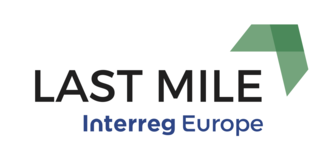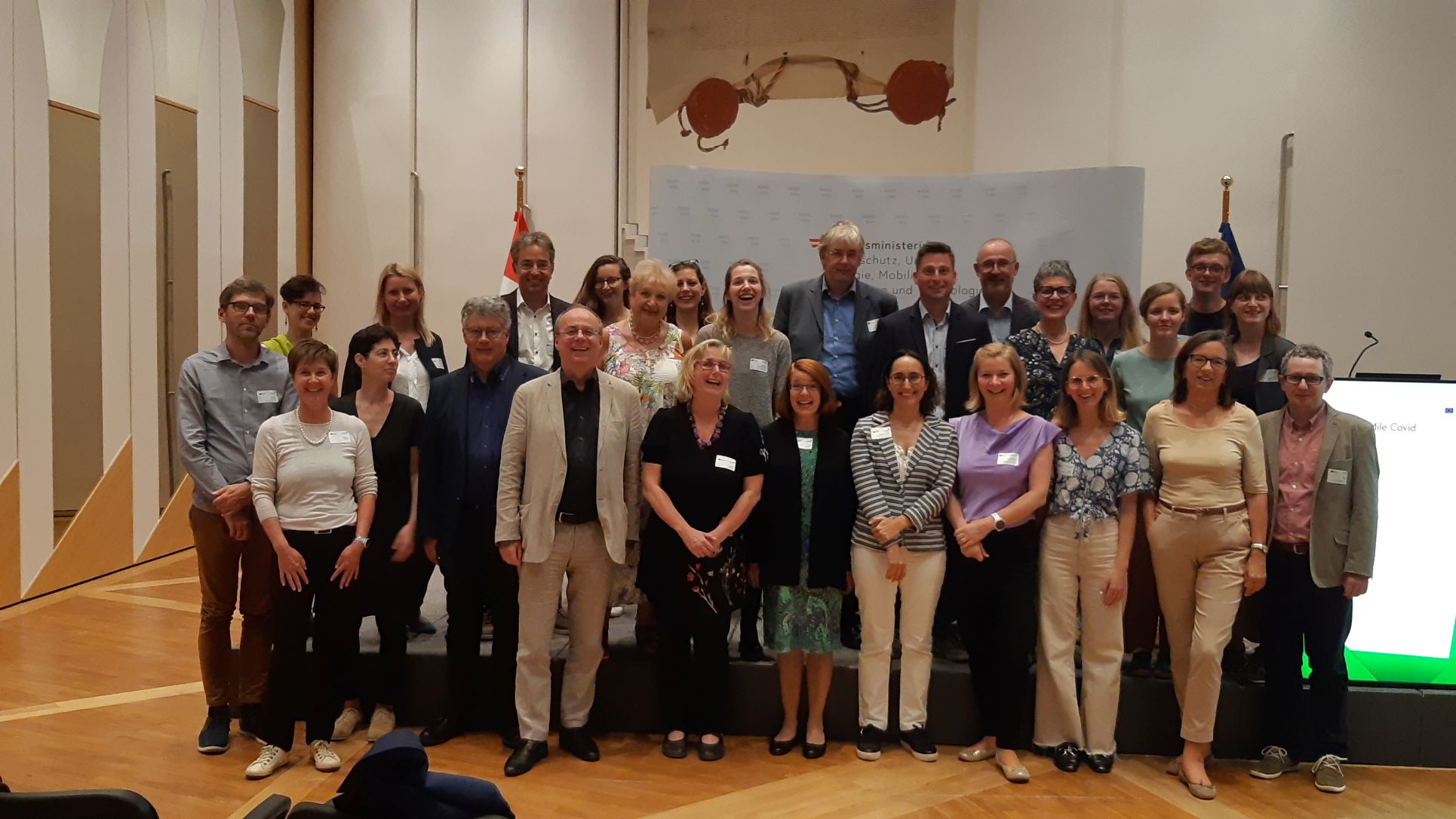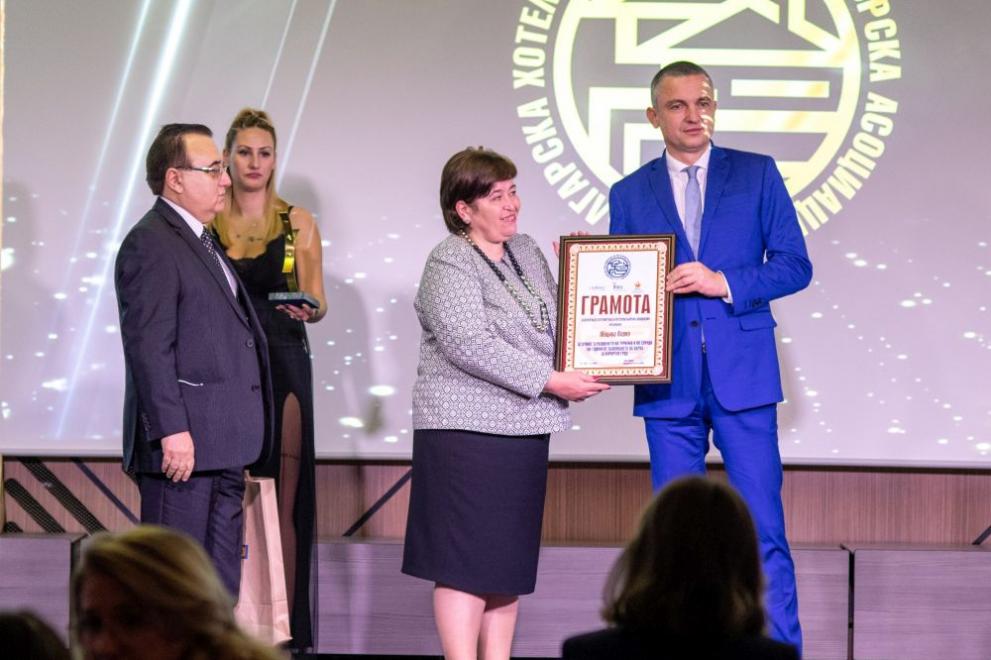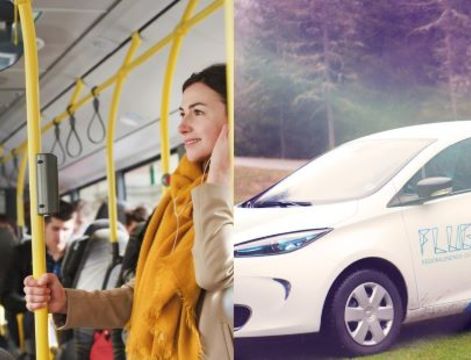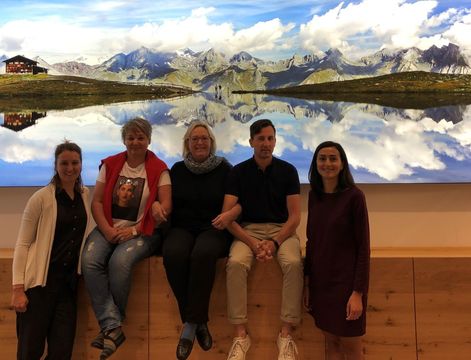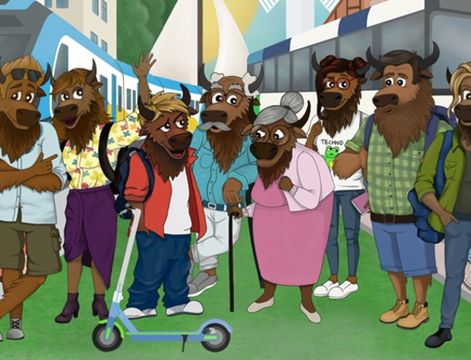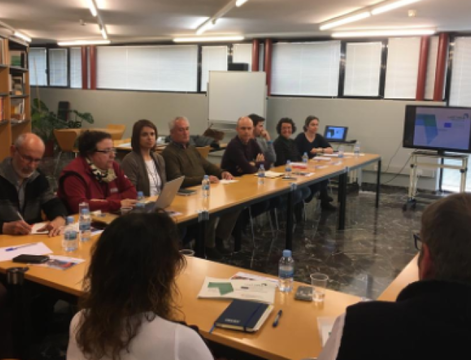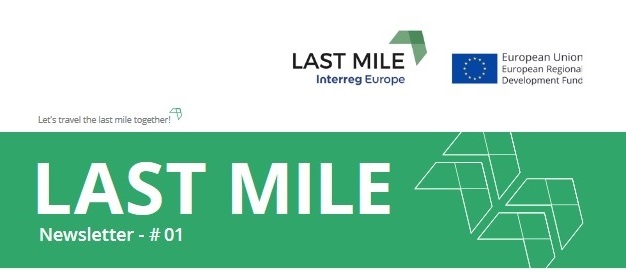The opening event on LAST MILE was held in the Varna District Governor’s office on 19th of July 2016. It started with a press-conference where the project manager Prof. Lucia Ilieva presented the project, its main objectives and the activities to be performed in the region.
The participants – journalists, mayors and municipal transport experts were invited to a cocktail lunch followed by the first training for stakeholders. Good practices in sustainable mobility in tourism area were demonstrated from a previous CSDCS project in Dobrich region. Many questions related to regional transport and tourism in Varna region were discussed and the stakeholders agreed to contribute to the project implementation.
